Khar picks up pieces after bombing
Death toll crosses 50, over a 100 injured in suicide blast
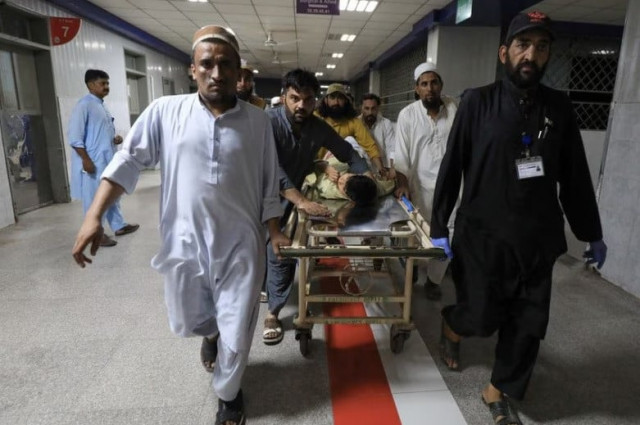
Blood-stained chairs, scattered ball bearings and shoes shed by the dead, wounded and panicked bore testimony on Monday to the carnage caused by a suicide bombing at a political event.
At least 54 people were killed and more than 100 wounded on Sunday when a blast ripped through a gathering of Islamic Jamiat Ulema-e-Islam-F (JUI-F) party members in northwestern Khyber Pakhtunkhwa province.
The marquee hoisted in Khar lay mangled and charred the morning after the explosion, partly collapsed onto blood-soaked carpets with around 400 upended red chairs strewn about.
"Upon arriving at the scene, I was confronted with a devastating sight," Khar resident Fazal Aman, 29, told AFP on Monday.
"Lifeless bodies scattered on the ground while people cried out for help."
Party paraphernalia, including hats and scarves in JUI-F's black-and-white branding, were abandoned and trampled into the dusty ground, some flecked with dried blood.
The first funerals for the victims got underway on Monday, including for a pair of cousins aged 16 and 17 where young boys wept by coffins.
"These two were very serious and down-to-earth individuals in our family," said 24-year-old shopkeeper Najeeb Ullah. "This is a great injustice on our land."
Remnants of human flesh and hair could be seen as far as 30 metres (100 feet) from a shattered stage, the apparent epicentre of the blast near Khar's main bazaar.
Gulistan Khan, a 40-year-old farmer being treated at a nearby hospital, said he was in the third row when the bomb detonated as local JUI-F leaders arrived to crowds chanting slogans.
"I was thrown backwards as if lifted off the ground," he said.
"The blast was powerful. Flames coming out were very high so I couldn't see anything."
A mound of about 40 sandals and shoes had been piled in the shade behind a cordon of yellow police tape as zebra-striped JUI-F flags fluttered in the breeze.
Investigators in rubber gloves and facemasks picked through the scene on Monday morning, one using a trowel to scoop up a sample from a dark patch on the floor of the stage.
Regional counter-terrorism deputy inspector general Sohail Khalid told AFP the bomber used around 40 kilograms (90 pounds) of explosives, bound up with ball bearings to cause maximum carnage.
Prospects for the election have already been clouded by months of rivalry between main parties and accusations of military involvement in civilian politics, which the military denies. The government's tenure ends in the first half of August, after which elections are to be held before early November, the runup to which is usually packed with political rallies and campaigning.
"A justification for postponing the election can strengthen if a series of such attacks continue to happen," former counter-terrorism chief Khawaja Khalid Farooq told Reuters. "Such targeted attacks may affect the performance and electioneering campaign of affected political parties."
A mosque bombing claimed by a TTP splinter group in Peshawar killed more than 100 people in January.
Nevertheless, Sunday's attack was the deadliest to target a political rally since an election campaign in 2018.
While the TTP and associated groups have been behind most of the attacks in recent months, the group distanced itself from Sunday's attack, with a spokesman condemning it.
Compared to the TTP, attacks of this scale by Islamic State are rarer in Pakistan given its limited presence. A local affiliate of the group, which first rose in Iraq, has remained more active in neighbouring Afghanistan. Its last major attack in Pakistan was on a mosque in 2022.
Another new militant group, the Tehreek-e-Jihad Pakistan, about which little is known, has also emerged in recent months, and has carried out a string of attacks in the country, killing 12 soldiers at a military base earlier this month.

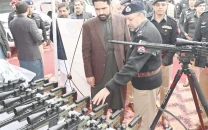
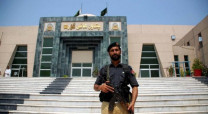
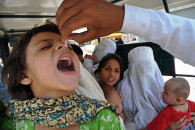
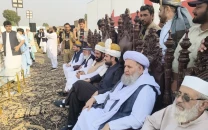














COMMENTS
Comments are moderated and generally will be posted if they are on-topic and not abusive.
For more information, please see our Comments FAQ